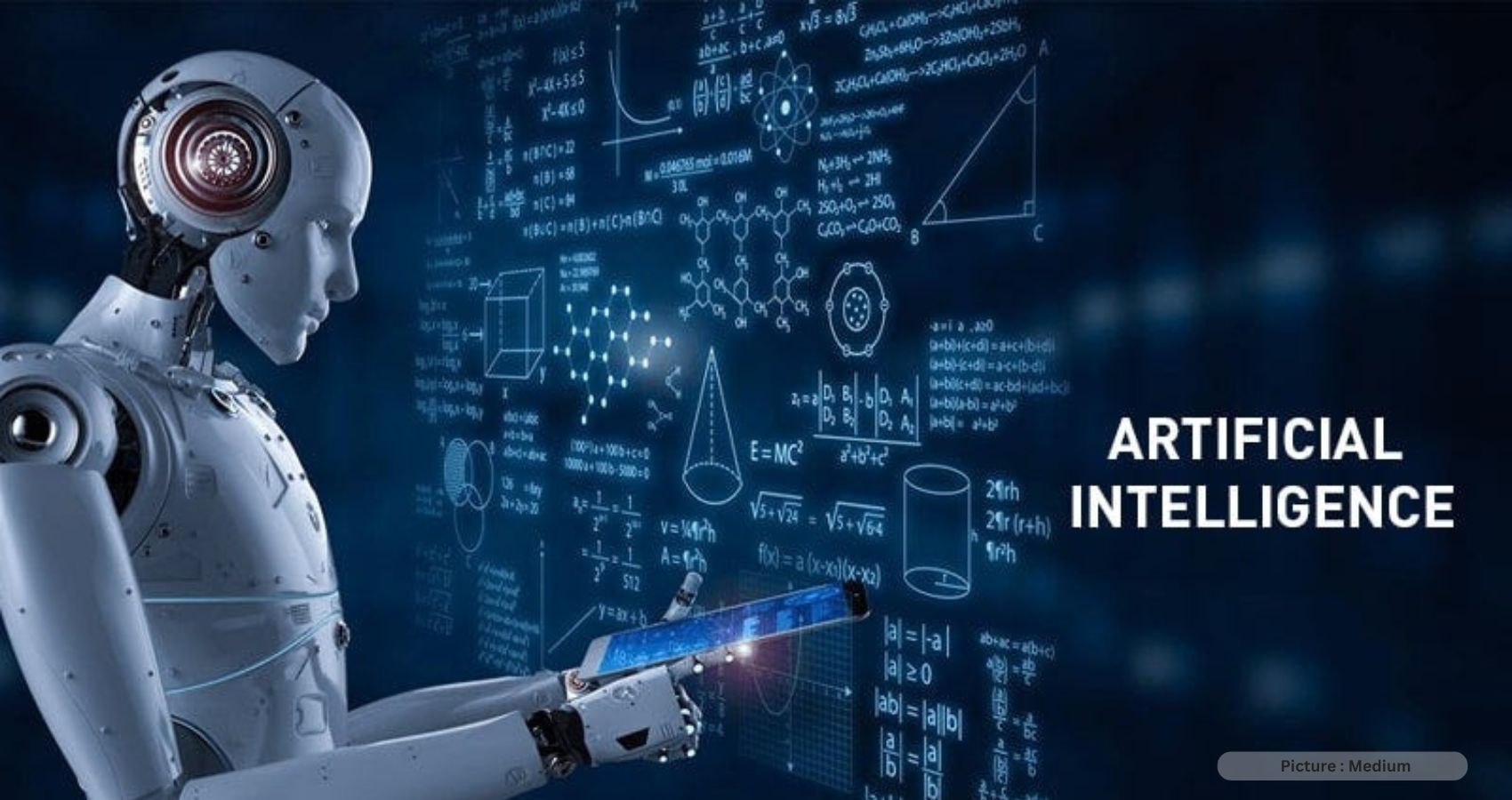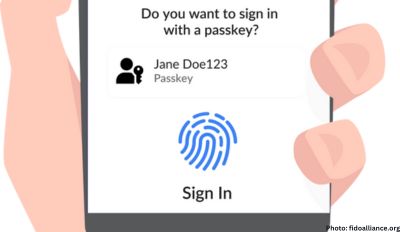Executives are raising alarm bells about the impending impact of artificial intelligence (AI) on the workforce. A recent survey conducted by edX, an online education platform, sheds light on their concerns. The survey collected responses from 800 executives and 800 employees, revealing some thought-provoking insights about the evolving skills landscape.
According to the survey, a staggering 49% of executives believe that nearly half of the skills currently existing in the workforce will be irrelevant by 2025 due to AI. This revelation underscores the rapid pace of change that AI is ushering in. Furthermore, an equally substantial 47% of these executives express doubts about their workforce’s readiness for the future job market. While the identification of skills shortages may not be surprising coming from an educational platform, the timeframe in question is indeed an eye-opener.

Executives foresee substantial changes on the horizon, particularly in entry-level knowledge worker roles. A striking 56% of these leaders anticipate that over the next five years, their organizations will eliminate more than half of these roles due to AI. Even more startling, 79% of executives believe that entry-level knowledge worker jobs will cease to exist entirely as AI ushers in a new era of roles for incoming employees. Notably, 56% of these executives also foresee their own roles being either “completely” or “partially” replaced by AI.
However, there are dissenting voices in the industry who take a more cautious stance. Richard Jefts, the executive vice president and general manager at HCL Software, believes that the immediate impact of AI on career trajectories may be less dramatic. He asserts that many companies, despite claims of AI adoption, are still in the early stages of implementation. In his view, the real transformation of careers will occur as AI matures, emphasizing a longer-term perspective.
The impact of AI on jobs and tasks is multifaceted and not simply a matter of replacing tasks with AI-driven solutions. Frederico Braga, head of digital at Debiopharm, points out the complexity of predicting where and when this transformation will manifest. He believes that professionals whose daily routines intersect with digital activities will need to adapt their career goals as they witness changes in their work-related activities and processes.
In some cases, career redirection may not be necessary. Jonathan Martin, president at WEKA, suggests that individuals can enhance their career prospects by leveraging emerging AI tools to amplify their existing strengths. He encourages individuals to explore how AI can make them incrementally better at what they already excel in.
Vittorio Cretella, CIO of Procter and Gamble, anticipates AI’s value as augmented, not artificial, intelligence. He asserts that the most successful AI applications will complement human skills rather than replace them. Humans, he believes, will continue to excel in problem definition and pattern identification, areas where AI still struggles.
The survey conducted by edX raises concerns even among the highest-level decision-makers, including CEOs. Surprisingly, 47% of C-Suite executives believe that “most” or “all” of the CEO role should be entirely automated or replaced by AI, a sentiment shared by 49% of CEOs themselves.
While AI may take over decision-making processes at certain levels, running organizations necessitates enduring qualities that only humans can provide. Leadership, curiosity, and strong soft skills are qualities that will remain in high demand, according to Jefts. These qualities are challenging for generative AI to replicate.
As AI continues to evolve, certain skills will become more crucial. These include critical thinking, logical intelligence, interpersonal and intrapersonal intelligence, and structured planning and organization. Conversely, skills in decreasing demand will encompass repetitive tasks, analysis, interpretation activities, and content generation as AI becomes integrated into daily work activities.
The survey highlights that while AI will replace certain tasks, it will also enhance the effectiveness of executives and free up their time for more critical business activities. Beyond handling routine tasks, AI can contribute to idea generation, planning, forecasting, and data-driven decision-making.
The survey reveals that 92% of executives recognize the importance of improving their AI skills within the next one to two years. Almost all of them are already incorporating AI into their roles. However, close to 80% express concerns that their lack of AI proficiency could leave them unprepared for the future of work. The rapid pace of change is cited as a source of anxiety for some executives.
Familiarity with AI and its capabilities is expected to empower business professionals, particularly in areas such as HR, sales, and support. Senior IT leaders, in particular, are likely to be the professionals most impacted by AI and will need to understand the technology.
Nevertheless, Martin maintains that there will always be a place for creative and strategic thinking. Innovation and great ideas will continue to rely on human creativity, as generative AI apps advance. Human involvement will still be needed to develop prompts, curate results, and determine how AI-generated output is applied.
The survey underscores the importance of creativity for problem-solving in any industry. Human creativity, agility, and tenacity will be essential to address the various challenges that arise throughout one’s career. In this realm, AI may struggle to replace years of real-world experience and human intuition.











